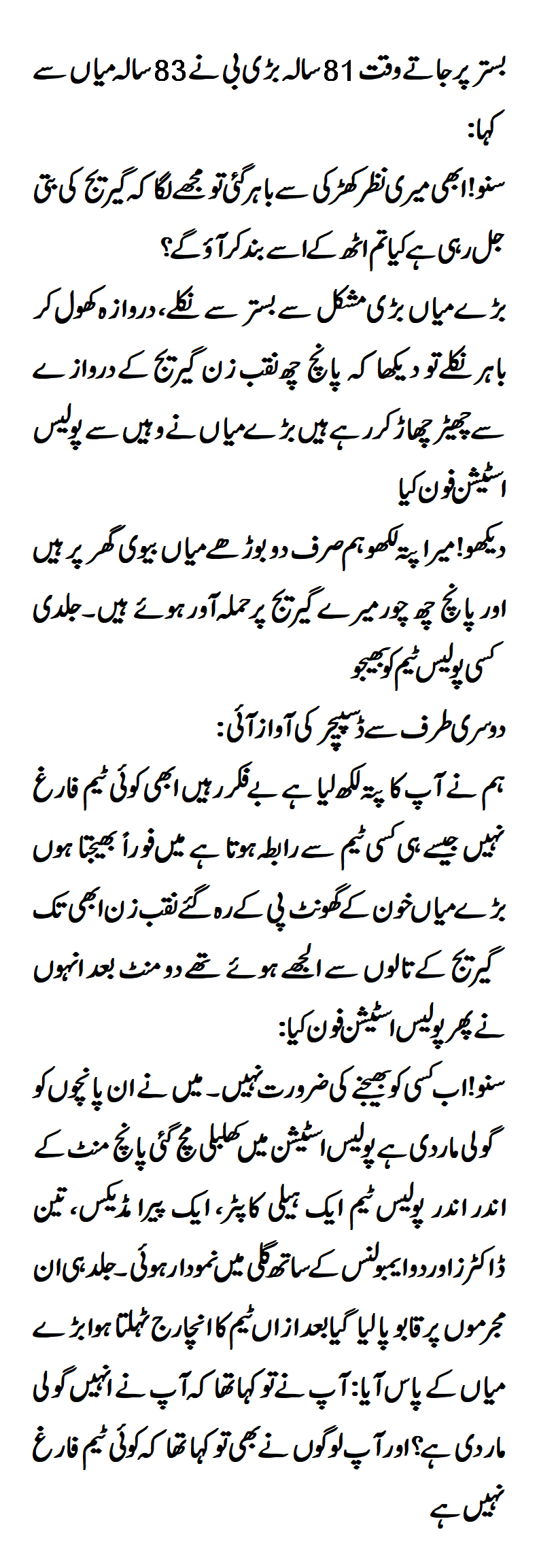1. Introduction
Our knowledge about how sleep changes with age has grown significantly over the past few decades. Researchers have shown that there are typical age-related, normal changes that occur in sleep architecture and sleep patterns. However, aging is also accompanied by a variety of sleep complaints and sleep disorders. This chapter will review both normal and abnormal sleep in the elderly.
2. Sleep and Aging
Polysomnography (PSG) has provided objective evidence of the changes in sleep architecture that occur with aging. In general, sleep becomes more fragmented and lighter with an increase in the number of arousals and awakenings. There is a reduction in the amount of slow wave sleep (stage 3 and 4), beginning in middle-age, with some reports that these deeper stages of sleep are completely absent after the age of 90 (Bliwise 1993; Ohayon et al. 2004).
There is a compensatory increase in the lighter stages of sleep (stage 1 and 2), and there is a decrease in rapid-eye-movement (REM) sleep, which is proportional to the decrease in total sleep time. Sleep efficiency and total sleep time are reduced with age and there are an increased number of sleep stage shifts.
A recent study which included more than 1000 older French adults reported that the mean amount of nightly sleep was approximately seven hours with men sleeping slightly more than women (Ohayon & Vecchierini 2005). Van Cauter et al
(Van Cauter, Leproult, & Plat 2000) found that in men age 16–83, total sleep time decreased on average by 27 minutes per decade from mid-life until the eighth decade. Compared with younger adults, the elderly spend more time in bed but have deterioration in both the quality and quantity of sleep.
All of these changes can lead to excessive daytime sleepiness, which in turn can lead to intentional and unintentional napping. Objective tests of daytime sleepiness performed in the elderly have shown that they are sleepier than younger adults (Carskadon, van den Hoed, & Dement 1980), suggesting that the elderly are not able to obtain an adequate amount of sleep at night (Dement, Seidel, & Carskadon 1982).
Research has suggested that the elderly have a decreased ability to sleep (Ancoli-Israel 1997; Bliwise 1993), which is often reported as insomnia. This decreased ability or insomnia may be due to a variety of factors, each discussed below.
